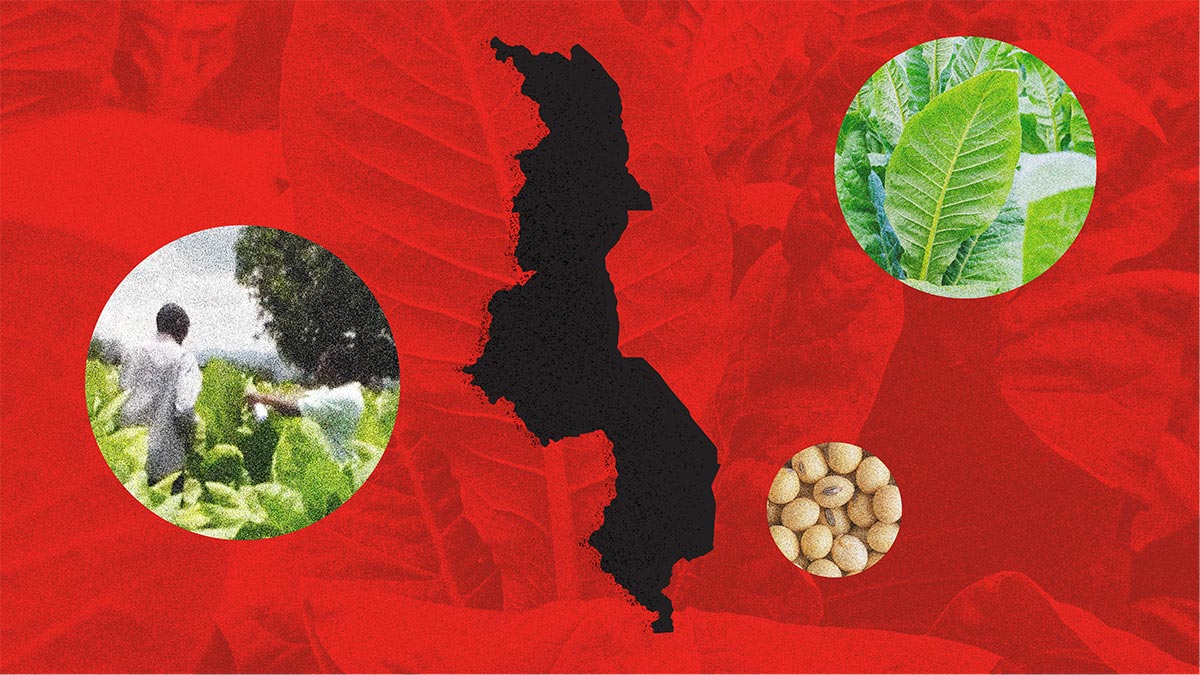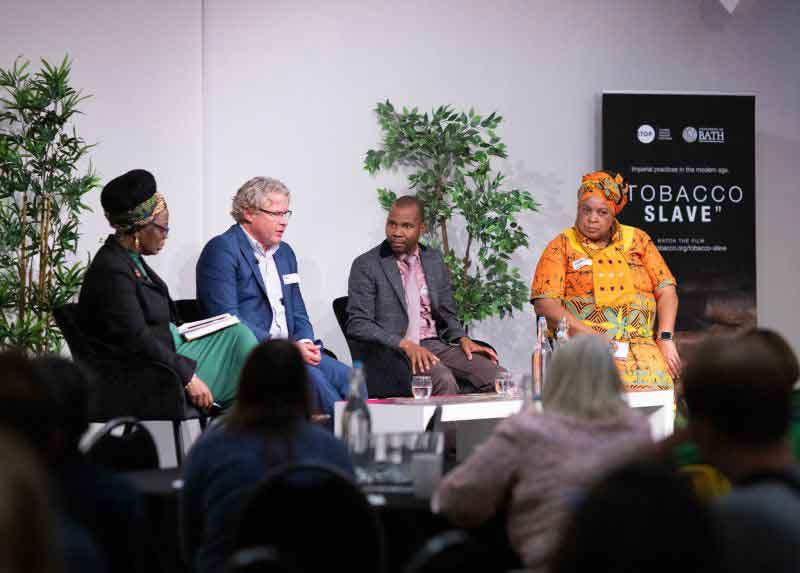- Resources
- News
-
-
Get Email Updates
Sign up for STOP's emails and never miss an update on our latest work and the tobacco industry's activity.
-
Get Funding
Ready to tackle industry interference? You could be eligible for a grant.
-
Share a Tip
Do you have information on tobacco industry misconduct in your country? Let us know.
-
Get Email Updates
Inequity
October 30, 2019

Bangkok, Thailand (October 30, 2019) — Eight major international health organizations called on the International Labor Organization (ILO) and the Members of the ILO’s Governing Body to reject tobacco industry money to fund improved labor conditions for tobacco workers. In an open letter, the groups explained that a global treaty and the tobacco industry’s history of using workers’ issues as a marketing strategy disqualify it from participation in the policy process.
The letter was signed by leadership at global tobacco industry watchdog STOP (Stopping Tobacco Organizations and Products), Action for Smoking and Health (US), Campaign for Tobacco Free Kids, Corporate Accountability International, Framework Convention Alliance, Johns Hopkins Institute for Global Tobacco Control, NCD Alliance and World Heart Federation.
In the letter, the public health organizations explain that tobacco workers suffer from unfair practices and bargaining conditions that perpetuate poverty, child labor and unhealthy working environments. Policymakers can best deliver progress on these issues by:
- Rejecting all partnerships and funding approaches from tobacco companies and their front organizations
- Regulating the tobacco industry, and insisting that tobacco companies comply with regulations on labor standards
- Taxing tobacco products to reduce the health and economic cost of tobacco and deliver additional financing for development priorities, like helping tobacco workers switch to alternative crops.
“The tobacco industry pursues relationships with the ILO to be perceived as a good actor,” said Sandra Mullin, Senior Vice President at Vital Strategies and Board Chair of STOP. “In fact, child labor, poverty and poor working practices in the tobacco supply chain can be traced back to the industry’s own actions. Governments should not be tempted by industry money; passing strong tobacco control laws, keeping the industry from interfering in policy and ensuring it complies with labor standards offers a more realistic path to alleviating poverty.”
Mary Assunta, Head of Global Research and Advocacy at GGTC and a partner in STOP, adds:
“The big tobacco companies have renewed motivation to fake benevolence on the global scene because they are introducing new addictive products around the world. Governments must remain vigilant in accordance with Article 5.3 of the World Health Organization Framework Convention on Tobacco Control.”
Industry Marketing to the ILO
Tobacco industry documents reveal that access to the UN is part of a deliberate marketing and public relations strategy to establish credibility, to gain access to policy makers and to open up new markets for the industry’s products. British American Tobacco, Japan Tobacco International and Philip Morris International, among others, provided funding of around $15 million to ILO between 2008 and 2018. The public-private partnership contracts between the ILO and tobacco companies ended in 2018, but the tobacco industry’s attempts to engage with the ILO and other UN Agencies have not stopped.
These partnerships directly contradict the Sustainable Development Goals and the spirit of international instruments on human and workers’ rights. During the past 10 years, tobacco has cost global development $12 trillion. Tobacco claims more than 8 million lives every year and is responsible for devastating social, economic, environmental and health harms. Tobacco workers continue to suffer from poverty, ill health and poor working practices and it’s estimated that around 1.3 million children aged under 14 years work in tobacco fields, missing school and risking illness.
Please contact the STOP press office for more information or to speak to a STOP spokesperson.
About STOP (Stopping Tobacco Organizations and Products)
STOP is a global tobacco industry watchdog whose mission is to expose the tobacco industry strategies and tactics that undermine public health. STOP is a partnership between The Tobacco Control Research Group at the University of Bath, The Global Center for Good Governance in Tobacco Control, The Union’s Department of Tobacco Control and Vital Strategies. Learn more at exposetobacco.org.

